Five ways Iran can retaliate, but not without deadly risk
Iran’s most important ally, Hezbollah, is facing catastrophic defeat as Israeli tanks roll across the border of Lebanon - but Tehran has vowed to hit back.
Iran has seen a central plank of its regional deterrence collapse in a matter of weeks, with its most important ally, Hezbollah in Lebanon, faced with catastrophic defeat.
It has threatened Israel with retaliation, saying that it cannot stand aside and watch as first Hamas in Gaza, and then Hezbollah are destroyed.
However, Tehran has limited options against its militarily superior enemy, which can strike anywhere in Iran, as Binyamin Netanyahu warned again this week.
Any action would more resemble futile revenge and an effort to restore its standing among its supporters than a strategic threat to Israel.
Here are some scenarios.
MISSILE AND DRONE ATTACKS
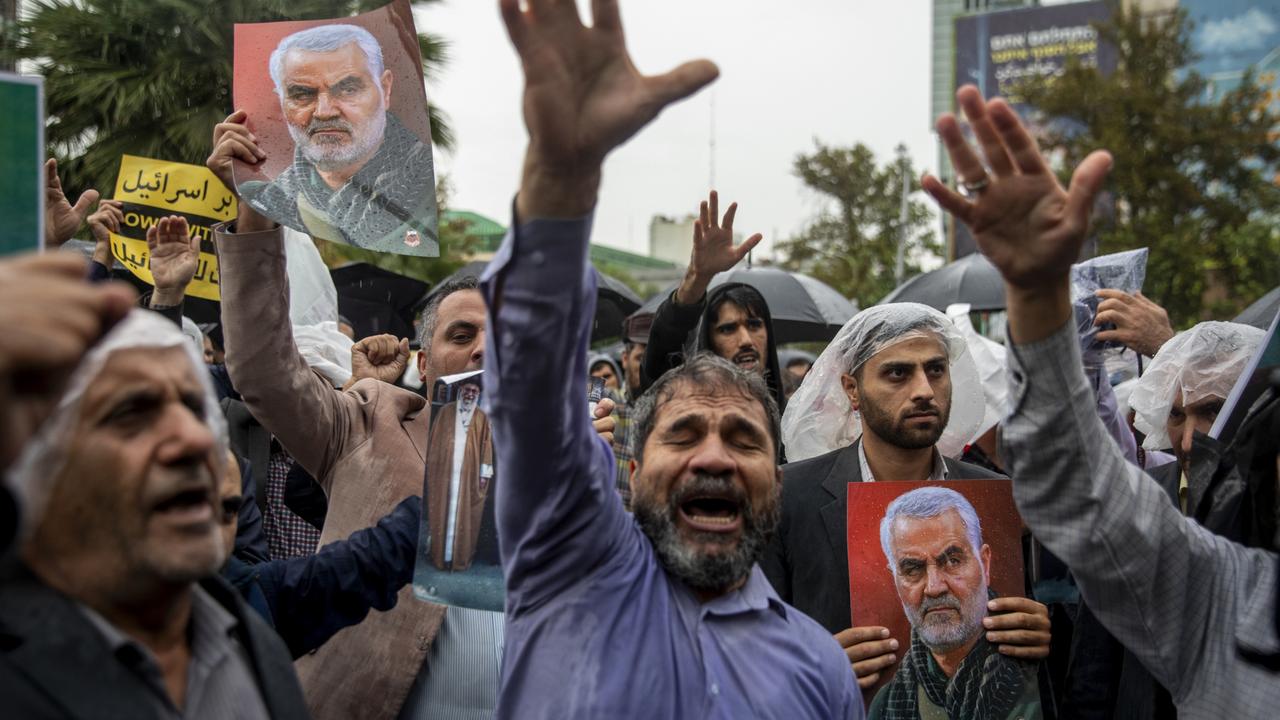

In April Iran launched hundreds of missiles and drones at Israel after an airstrike levelled its consulate in Syria. It had telegraphed the attack for days, giving Israel, the United States and France ample time to intercept most of the barrage before it reached its target.
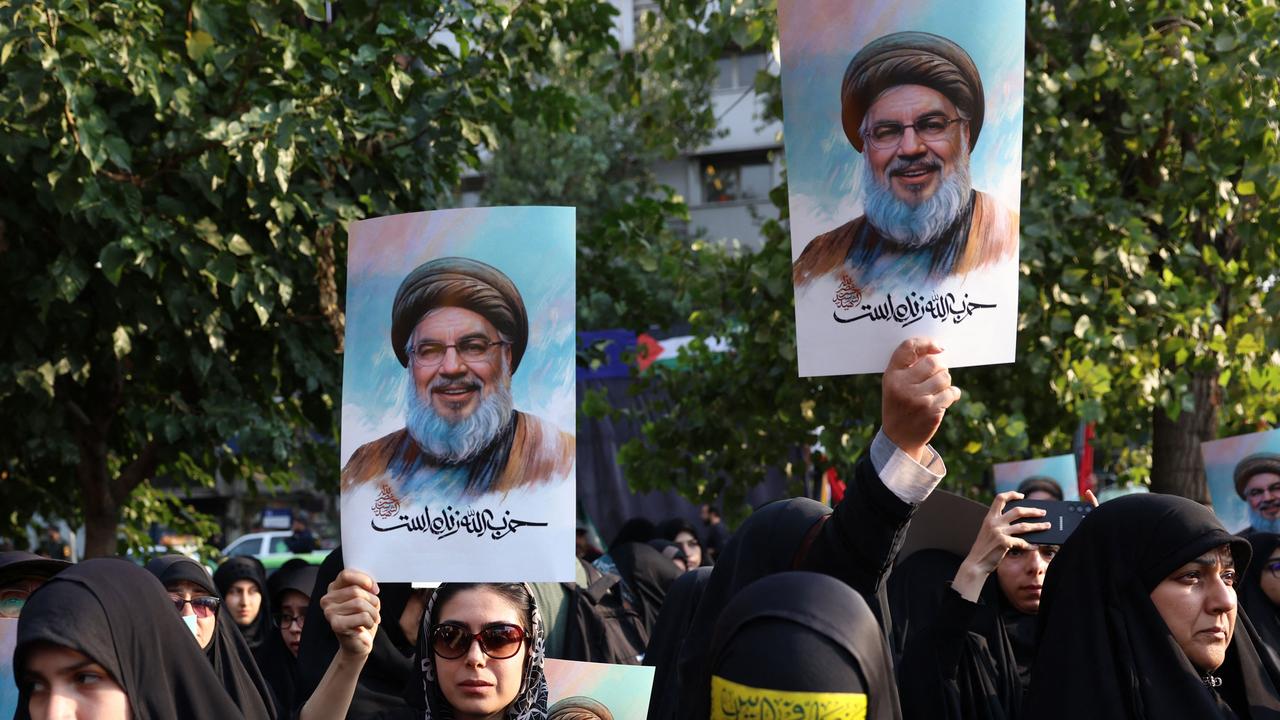
It could attempt a similar attack but, even with little warning, Israel and its allies are on alert and would probably intercept a barrage again - and would seek significant punishment. After April’s attack, Israel retaliated by bombing a radar tower in a military airfield, causing little damage but showing that it could have done much more had it chosen to. Its retaliation for another attack would be much more damaging.
TURN TO PROXIES AND ALLIES
With Hezbollah on its knees and Hamas all but destroyed in Gaza, Iran can still count on the Houthis in Yemen and militias in Iraq and Syria, which have all launched missiles at Israel over the past ten months. They have been little match for Israeli aerial defences, with only a few slipping past, but may intensify their efforts in the hope of notching a symbolic win.

TERRORIST OPERATIONS ABROAD
Iran could seek to use its agents to conduct attacks on Israeli targets abroad or facilitate such attacks by its proxies and allies. It is believed to have done this on several occasions in the past, including in 1994 when Hezbollah blew up a synagogue in Argentina, killing 85 people.
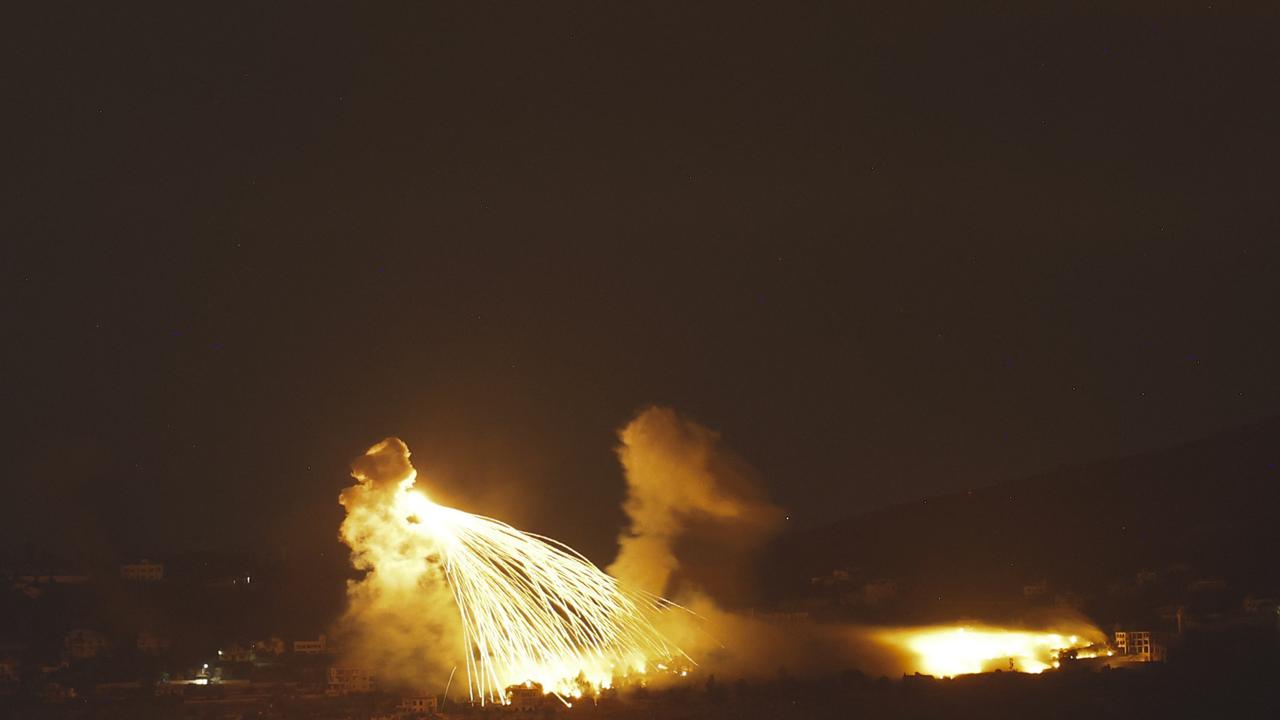
Iran would of course deny any responsibility but it would still run the risk of further alienating the US and the West at a time when it wants to resume nuclear talks for sanctions relief.
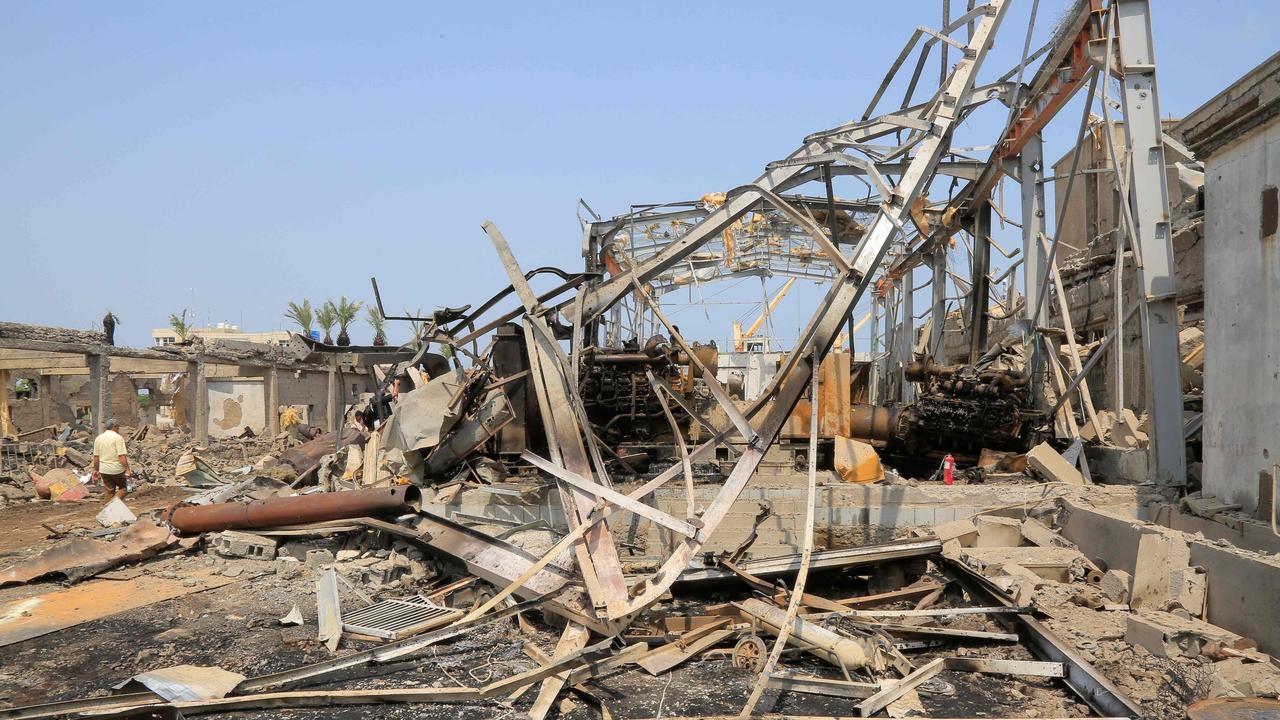
TARGET SHIPPING IN THE GULF
Iran has already targeted ships in the Gulf, a key waterway for global oil supplies, to hurt the US and Gulf states such as the United Arab Emirates, and it could do so again to pressure Washington into trying to rein in Israel. But a resulting massive build-up of US military assets in the region could prove a deterrent.
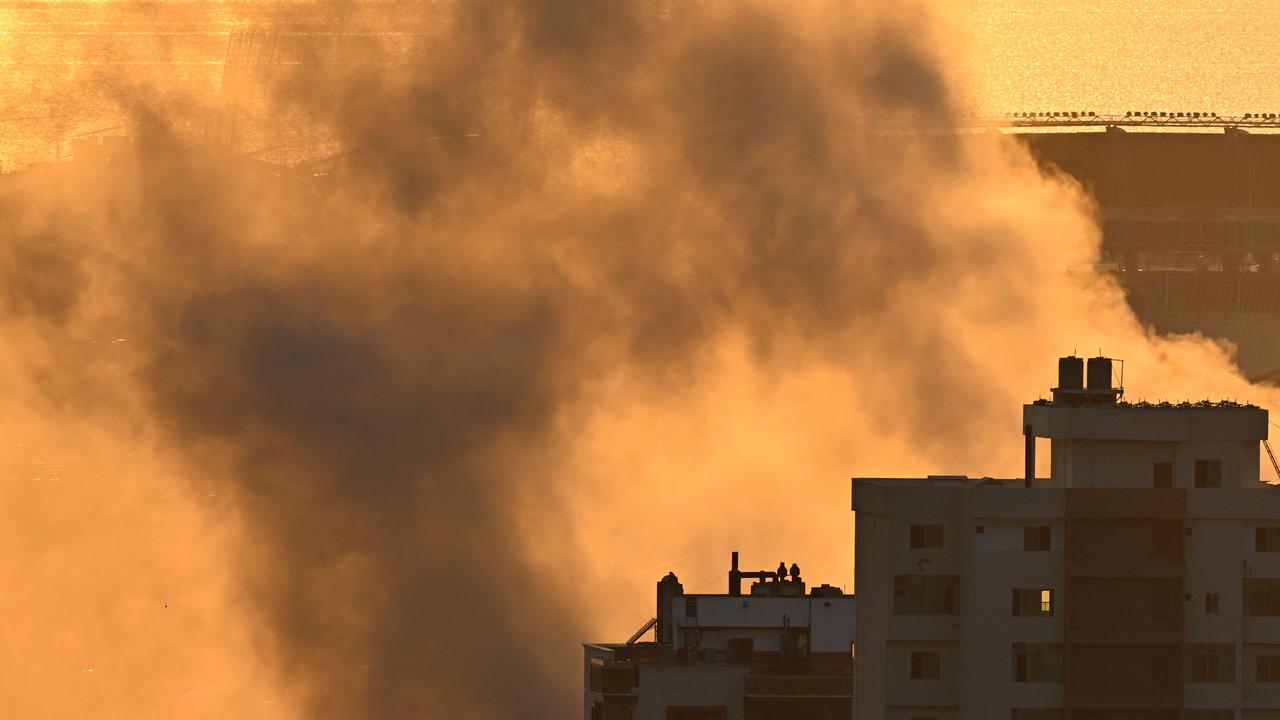
CYBERATTACKS
Iran has sought to expand and develop its cyberwarfare activities in recent years, targeting both the US and Israel and even Britain. One attack caused several Israeli government websites to crash in 2022. They have had limited success, however, and such a move could provoke a response from Israel, which has proven itself to be far more adept at cyberwarfare. For example, in 2021 it blacked out Iran’s Natanz nuclear facility.
Originally published as Five ways Iran can retaliate, but not without deadly risk




